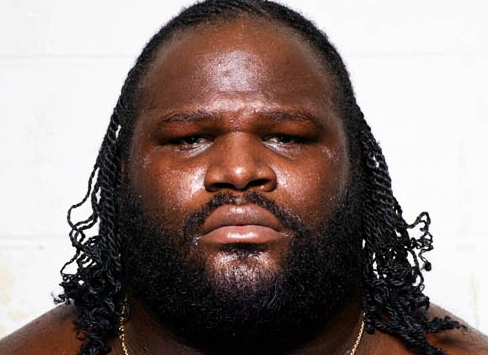AP
September 2, 2103

After completing high school in June, 20-year-old Lawrence Bondo spent six weeks working with a private tutor to prepare for the University of Liberia’s entrance exam, focusing on the geometry he found so difficult.
Bondo, though, learned this month that he had failed. So had every one of the nearly 25,000 other applicants this year. His cousin was admitted last year before they changed the way the test is graded.
“We live together, eat together and sleep in the same room, so I don’t understand how he’s accepted and I’m not. He did not prepare as much as me,” Bondo said.
Some of the applicants are accusing the university of fraud, and are organizing a march Friday to demand a refund of their exam fees — nearly $30 per student.
In previous years, candidates had been graded on a curve. Under the new system put in place this year, students were required to earn scores of 50 percent in math and 70 percent in English in order to pass. Around 300 met the math requirement, but no students met the requirements in English, said S. Momolu Getaweh, the university’s public relations chief.
Officials declined to provide copies of the test, which was a multiple-choice exam.
The incident has cast a spotlight on the education sector in this West African nation still recovering from a brutal 14-year civil war that ended in 2003.
Along with the undergraduate applicants, all candidates for graduate programs in law, pharmaceutical studies and six other graduate programs also failed, according to a university press statement.
After the dismal results were in, Liberia President Ellen Johnson Sirleaf laid out a plan Wednesday to relax admission standards to enroll 1,626 undergraduate students as well as a handful of students in each graduate program. She said the test results underscored the need for further reforms.
